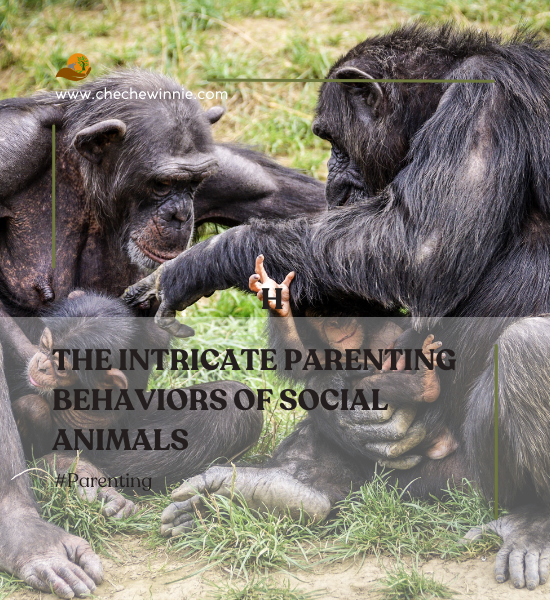Social animals, such as primates, elephants, and zebras, rely on group living and complex social structures to survive. Parenting in social animals involves a range of behaviours and interactions between parents, offspring, and other group members.
Shared Parenting Responsibilities
In social animals, parenting is often a shared responsibility between both parents and other group members.
This allows for more efficient resource allocation and provides the offspring with a wider range of social experiences.
For example, in primate societies, females often share the responsibility of caring for and protecting their young, while males may provide protection from predators and other outside threats.
Communication and Coordination
Effective communication and coordination are crucial for successful parenting in social animals.
Many species use a range of vocalizations, body language, and chemical signals to communicate with their offspring and coordinate parenting behaviours.
For example, meerkats use a complex series of calls to warn their young of potential threats and coordinate group foraging activities.
Education and Learning
Social animals also engage in extensive education and learning processes to ensure the survival and success of their offspring.
Young animals learn from their parents and other group members, including social norms, foraging strategies, and survival behaviours.
For example, young elephants learn from their mothers and other experienced members of the herd about the best watering holes, migration routes, and social behaviours.
Social Support and its Importance
Social support is a critical aspect of parenting in social animals.
Group living provides offspring with access to a range of resources, including protection, food, and social experiences. It also allows for the sharing of parenting responsibilities, reducing the burden on individual parents.
Additionally, social animals often engage in cooperative behaviours, such as grooming and sharing food, which promote social bonding and help to build strong social relationships between individuals.
Conclusion
Parenting in social animals is a complex and intricate process that relies on effective communication, coordination, education, and social support. By sharing parenting responsibilities, engaging in cooperative behaviours, and promoting social bonding, social animals ensure the survival and success of their offspring.
These unique parenting behaviours and adaptations have played a critical role in the evolution and success of social species, highlighting the importance of social living in the animal kingdom.

